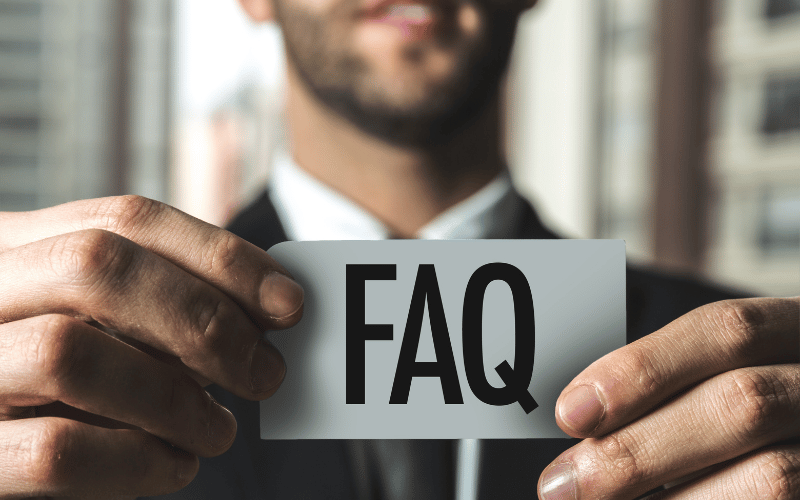FAQs on Oral Hairy Leukoplakia

1. What causes Oral Hairy Leukoplakia (OHL)?
OHL is primarily caused by the Epstein-Barr virus (EBV). This condition typically affects individuals with weakened immune systems, especially those with HIV/AIDS. It’s worth noting, however, that while EBV is commonly present in many people, not everyone will develop OHL.
2. Is Oral Hairy Leukoplakia contagious?
No, OHL is not considered contagious. While the Epstein-Barr virus that causes it can be transmitted, not every person with the virus will develop OHL. It’s more prevalent among those with compromised immune systems.
3. Can Oral Hairy Leukoplakia develop into cancer?
No, OHL is not a precancerous condition. However, its presence often indicates a weakened immune system, which can make an individual more susceptible to other infections or health concerns. It’s always a good idea to seek professional medical advice if you suspect you have OHL.
4. How is Oral Hairy Leukoplakia diagnosed?
Diagnosis is primarily clinical, based on the characteristic appearance of the lesions. However, a definitive diagnosis might involve taking a biopsy of the lesion and examining it under a microscope.
5. Are there effective treatments for OHL?
While there isn’t a cure for OHL, treatments can help manage its symptoms. Antiviral medications can help reduce the size and severity of the lesions. Moreover, managing underlying conditions, like HIV/AIDS, can also indirectly aid in controlling OHL.
Conclusion: The Holistic Approach to Understanding Oral Hairy Leukoplakia
Oral Hairy Leukoplakia serves as a stark reminder of the intricate connections that exist within our body. While it manifests within the oral cavity, its roots trace back to systemic health issues, primarily revolving around our immune status. This condition is not merely about white patches or an irregular texture on the tongue. It underscores the importance of recognizing signs that the body provides and understanding their broader implications. OHL’s association with immune suppression, especially conditions like HIV/AIDS, highlights the need for awareness and proactive health checks.
On the treatment frontier, managing OHL isn’t just about addressing the oral manifestations. It involves a comprehensive approach, targeting the root causes, be it immune challenges or the Epstein-Barr virus’s activity. The absence of pain or discomfort with OHL emphasizes the importance of regular medical and dental check-ups. It’s a silent call to action for everyone to prioritize not just symptomatic relief but holistic health and well-being. Addressing OHL is not just a journey back to optimal oral health, but a step towards overall wellness.